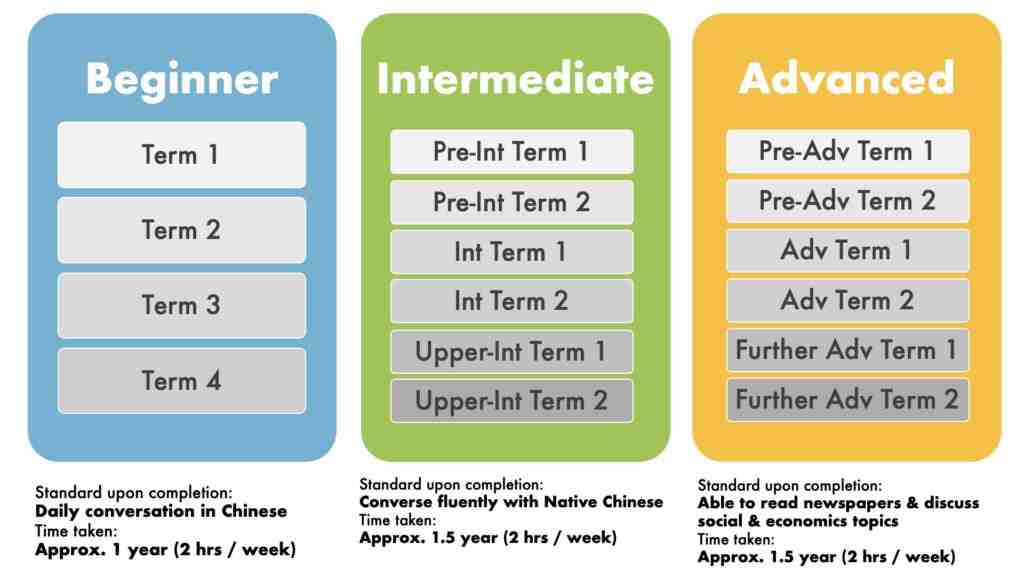Navigating Singapore’s Financial Horizon: The Strategic Imperative of Business Mandarin Skills in the Finance and Banking Industry

Bridging the Language Gap for Enhanced Client Relations, Professional Advancement, and Competitive Salaries
The Importance of Mandarin Skills in the Finance and Banking Industry
Why Mandarin Matters in Finance and Banking Industry:
In the Finance and Banking industry, where international transactions and cross-border collaborations are routine, Mandarin language skills have become invaluable. The ability to converse in Mandarin not only opens doors to effective communication but also enhances relationships with Chinese clients and partners. It goes beyond the basics of daily conversation; Business Chinese proficiency is increasingly becoming a prerequisite for professionals aiming to navigate the complexities of global finance.
The Difficulty in Finding Mandarin-Speaking Talent:
While many Singaporeans possess conversational Mandarin skills for daily use, the demand for professionals with a solid grasp of Business Chinese remains high. Achieving proficiency in Business Mandarin involves mastering industry-specific terminology, communication norms, and understanding the nuances of business etiquette. Consequently, finding individuals with this level of proficiency can be challenging, creating a significant skills gap in the industry.
“Hiring Singaporean candidates who have a decent level of Mandarin chills me when I get job briefs. It’s super challenging – there just aren’t enough of them,” says Rachel Liu, a director at recruiters Profile. “Employers usually don’t explicitly demand someone with native-level skills. But the fact that candidates need to produce a Chinese CV, talk about deals in Mandarin during interviews, and showcase samples of Chinese documents they’ve proofread, is enough to eliminate a big part of the pool,” she adds.
Quoted from : www.efinancialcareers.sg
Roles in Finance and Banking Where Mandarin Skills Are Essential
Client-Facing Roles:
Positions that involve direct interaction with clients, such as wealth management, private banking, and business development, often require Mandarin skills. Establishing trust and effectively communicating with Chinese clients is crucial, making Mandarin proficiency a sought-after skill in client-facing roles.

Cross-Border Transactions:
Professionals involved in cross-border transactions, international banking, and trade finance find Mandarin skills indispensable. The ability to navigate the intricacies of Chinese markets and communicate effectively with counterparts is a key asset in facilitating smooth transactions.
Chinese Clientele in Singapore’s Finance and Banking Industry
The Impact on Salary Structures
Conclusion
Explore Our Chinese Courses:








